Throughout US history, disabled Americans have made profound contributions and left an indelible impact on society. From trailblazing activists to visionary leaders and groundbreaking artists, these individuals have defied societal expectations and shattered barriers, proving that disability is not a limitation but a source of strength and resilience. Despite facing challenges, they have championed equality, transformed perceptions, and played instrumental roles in shaping the nation’s history. By showcasing their abilities and advocating for inclusive policies, disabled Americans have fostered a more inclusive and compassionate society for all.
1. Franklin D. Roosevelt (1882-1945)
Franklin D. Roosevelt, often referred to as FDR, was a towering figure in American history. Born in 1882, he served as the 32nd President of the United States from 1933 until his death in 1945. FDR’s legacy is defined not only by his remarkable leadership during the Great Depression and World War II but also by his personal triumph over adversity. Stricken with polio in 1921, which left him paralyzed from the waist down, Roosevelt refused to let his disability hinder his political career.
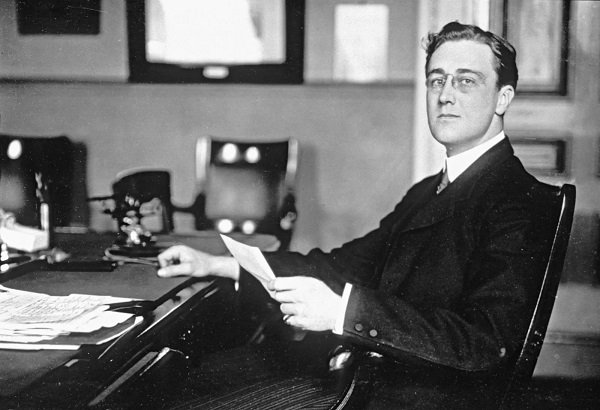
Instead, he became a symbol of resilience and determination, using a wheelchair and leg braces while leading the nation through some of its most challenging times. FDR’s New Deal policies revolutionized the role of the federal government in addressing economic inequality, and his leadership during World War II paved the way for victory. His indomitable spirit and commitment to public service continue to inspire generations of Americans.
2. Helen Keller (1880-1968)
Helen Keller, born in 1880, remains an iconic figure in American history. Deaf and blind from a young age due to an illness, Keller overcame extraordinary challenges to become a beacon of hope and inspiration. With the assistance of her dedicated teacher, Anne Sullivan, Keller learned to communicate through touch and developed a profound understanding of the world around her. She went on to become a prolific author, lecturer, and political activist, tirelessly advocating for the rights of the disabled.

Keller’s life and achievements shattered societal misconceptions about disabilities and showcased the incredible potential of individuals who are differently abled. Her autobiography, “The Story of My Life,” and her lifelong dedication to social causes continue to inspire millions, leaving an enduring legacy of courage, resilience, and triumph over adversity.
3. Stephen Hawking (1942-2018)
Stephen Hawking, a brilliant physicist, and cosmologist, left an indelible mark on the world despite facing significant physical challenges. Born in 1942, Hawking was diagnosed with amyotrophic lateral sclerosis (ALS) at the age of 21, gradually losing control over his muscles. Despite the debilitating effects of the disease, he embarked on a groundbreaking scientific journey that revolutionized our understanding of the universe. Hawking’s work on black holes, Hawking radiation, and the origins of the universe earned him international acclaim and numerous accolades.
See also: Top 9 Most Important Asian Americans in US History
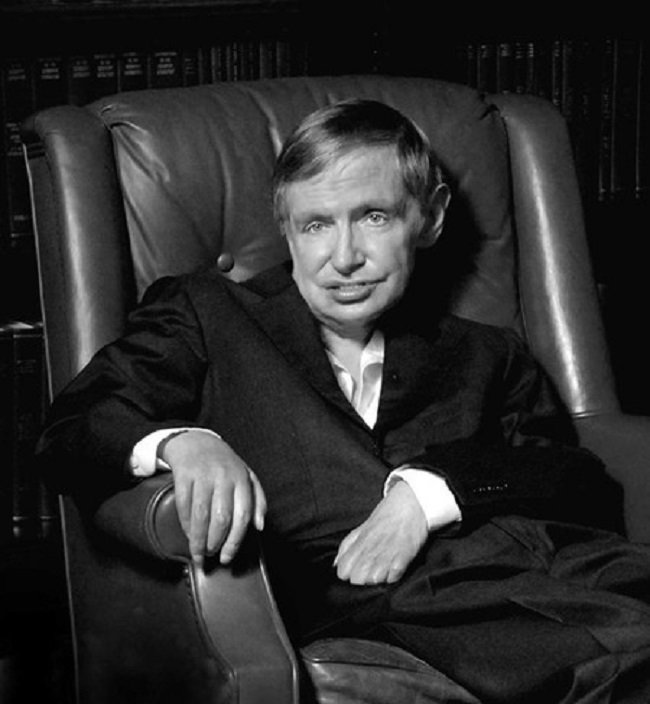
He defied the limitations imposed by his physical condition, communicating through a speech-generating device and continuing his research until his passing in 2018. Hawking’s brilliant mind, perseverance, and ability to communicate complex ideas to the public made him a beloved figure and an inspiration to aspiring scientists and disabled individuals worldwide.
4. Harriet Tubman (c. 1822-1913)
Harriet Tubman, born around 1822, was an extraordinary African American abolitionist and political activist who played a pivotal role in the fight against slavery. Despite enduring the hardships of slavery herself, Tubman possessed unwavering courage and determination. She not only escaped her own enslavement but returned to the South multiple times, leading approximately 70 enslaved individuals to freedom through the Underground Railroad—a network of secret routes and safe houses.
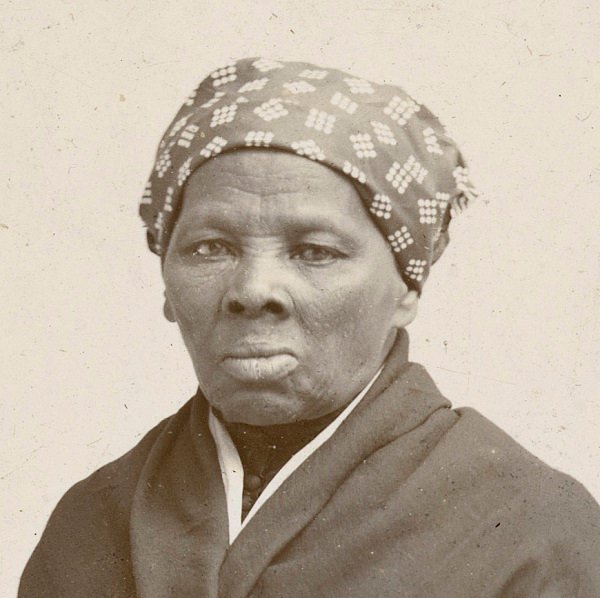
Tubman’s remarkable feats earned her the nickname “Moses” among those she rescued. Additionally, she served as a spy for the Union Army during the American Civil War and advocated for women’s suffrage later in her life. Tubman’s relentless pursuit of justice and freedom made her an iconic figure in American history, inspiring generations with her resilience, bravery, and unwavering commitment to equality.
5. Marlee Matlin (born 1965)
Marlee Matlin, born in 1965, is an exceptional actress who has defied barriers and shattered stereotypes as a Deaf performer. Matlin’s talent and determination propelled her to become the first Deaf actress to win an Academy Award for her powerful portrayal in “Children of a Lesser God” (1986). Since then, she has consistently showcased her remarkable acting skills in both film and television, breaking down barriers and advocating for better representation of Deaf individuals in the entertainment industry.

Matlin’s achievements extend beyond acting, as she has been an outspoken advocate for the Deaf community, promoting awareness, education, and equal opportunities for those with hearing impairments. Her unwavering dedication to her craft and her relentless advocacy has not only opened doors for Deaf performers but also inspired countless individuals to embrace their unique abilities and pursue their dreams.
6. Justin Dart Jr. (1930-2002)
Justin Dart Jr., who lived from 1930 to 2002, was a prominent figure in the disability rights movement in the United States. His tireless efforts and leadership played a pivotal role in the passage of the Americans with Disabilities Act (ADA) in 1990, which marked a significant milestone in the fight for equal rights and accessibility for people with disabilities. Dart, who himself experienced polio and used a wheelchair, dedicated his life to advocating for the rights and dignity of individuals with disabilities.
You may also like: 15 Unpleasant Facts about American History’s Great People
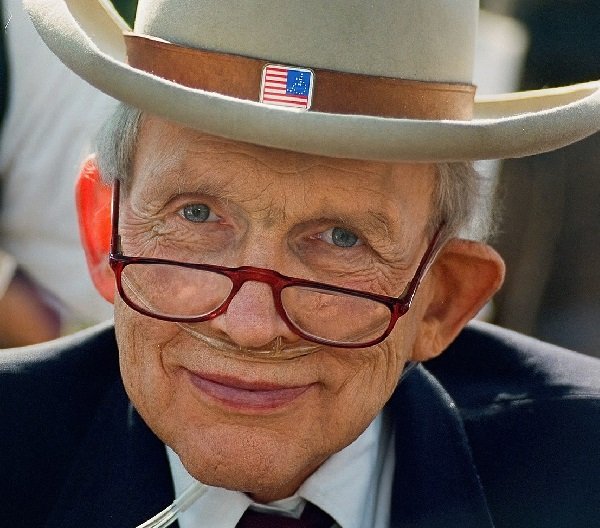
His grassroots organizing and influential speeches helped bring the issue to the forefront of public consciousness. Dart’s legacy as a passionate disability rights activist and his instrumental role in shaping the ADA has had a profound and lasting impact, creating a more inclusive and accessible society for disabled Americans.
7. Temple Grandin (born 1947)
Temple Grandin, born in 1947, is an exceptional advocate for autism awareness and an expert in animal behavior and welfare. Despite being on the autism spectrum, Grandin has made significant contributions in both academia and industry. Her unique insights and understanding of animals have revolutionized livestock handling systems, emphasizing the importance of ethical treatment.
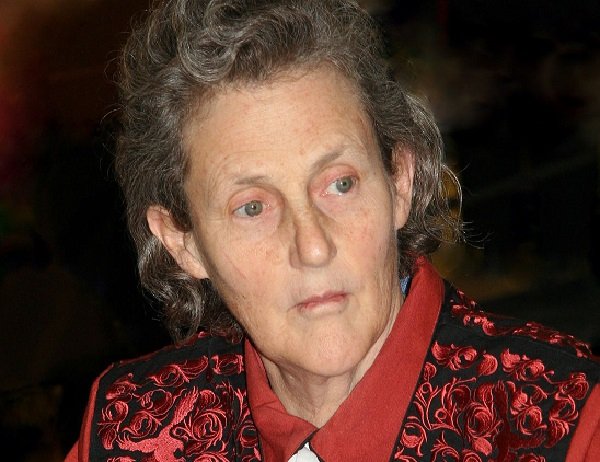
Grandin’s personal experiences with autism have given her a deep empathy for individuals on the spectrum, and she has become a prominent voice for autism acceptance and understanding. Through her books, lectures, and consulting work, she has raised awareness about autism, shattered stereotypes, and inspired countless individuals. Grandin’s unwavering commitment to improving the lives of animals and people on the autism spectrum has solidified her position as a leading figure in the fields of animal science and autism advocacy.
8. Tom Harkin (born 1939)
Tom Harkin, born in 1939, is a trailblazing figure in US history and a dedicated advocate for disability rights. Notably, Harkin holds the distinction of being the first deaf person to serve in the United States Senate. Throughout his tenure, he tirelessly fought for equal rights and opportunities for people with disabilities. Harkin played a pivotal role in the passage of the Americans with Disabilities Act (ADA) in 1990, a landmark legislation that prohibited discrimination against individuals with disabilities and ensured access to public spaces.
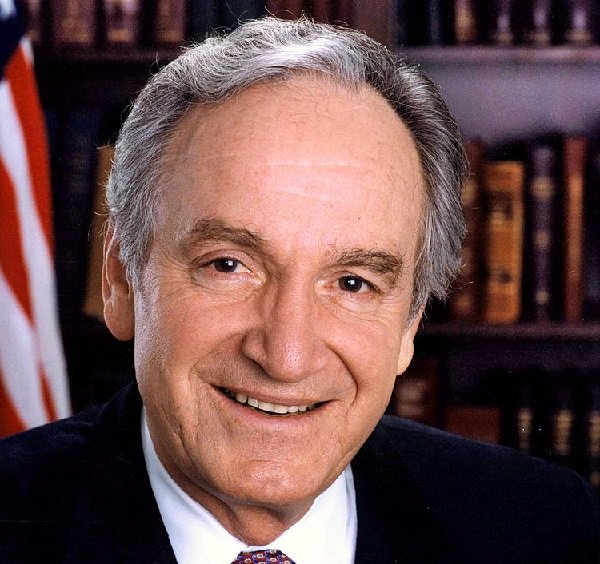
His personal experiences with his late brother’s disabilities fueled his commitment to this cause. Harkin’s unwavering dedication to disability rights has left an indelible mark on American society, helping to create a more inclusive and accessible nation for all.
9. Ed Roberts (1939-1995)
Ed Roberts (1939-1995) was a pioneering disability rights activist who played a crucial role in advancing the rights of people with disabilities. Despite being paralyzed due to polio, Roberts became a strong advocate for independent living and equal opportunities. He was a driving force behind the independent living movement, which emphasized the right of disabled individuals to live independently and make choices about their own lives.
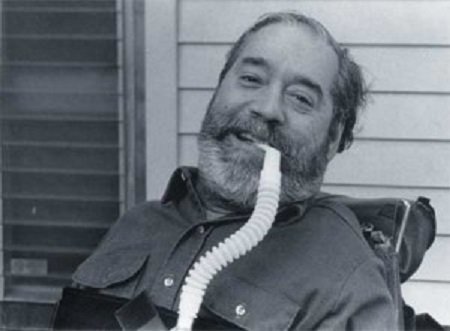
Roberts founded the first Center for Independent Living in Berkeley, California, and his work inspired the establishment of similar centers across the United States. Through his leadership, Roberts fought for policy changes and legislation that promoted disability rights, including the passage of the Rehabilitation Act of 1973. His tireless efforts and passion for social justice laid the foundation for future disability rights movements and continue to inspire disability advocates today.
10. Ray Charles (1930-2004)
Ray Charles (1930-2004) was a legendary musician and singer who left an indelible mark on the world of music. Blind from a young age due to glaucoma, Charles overcame adversity and became a pioneer in blending various genres, including rhythm and blues, soul, gospel, and jazz. His unique voice and innovative style captivated audiences worldwide, earning him numerous accolades and a lasting legacy. Charles’ iconic hits, such as “What’d I Say” and “Georgia on My Mind,” showcased his remarkable talent and his ability to evoke deep emotions through his music.
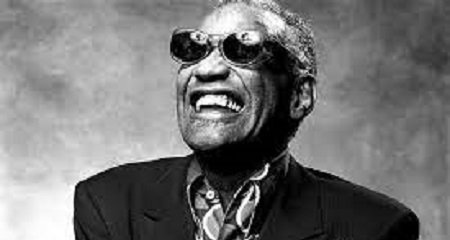
Beyond his artistic contributions, Charles was also a social activist, using his platform to support the Civil Rights Movement and advocate for racial equality. His influence on the music industry and his impact as a cultural icon continue to resonate, cementing his status as one of the most celebrated musicians in American history.
Conclusion
In conclusion, the history of disabled Americans in the United States is a story of progress and ongoing challenges. From marginalization to advocacy, disabled individuals have fought for their rights and recognition. While significant strides have been made through legislation like the ADA, there is still work to be done in addressing disparities and promoting inclusivity. The journey toward equality for disabled Americans continues.